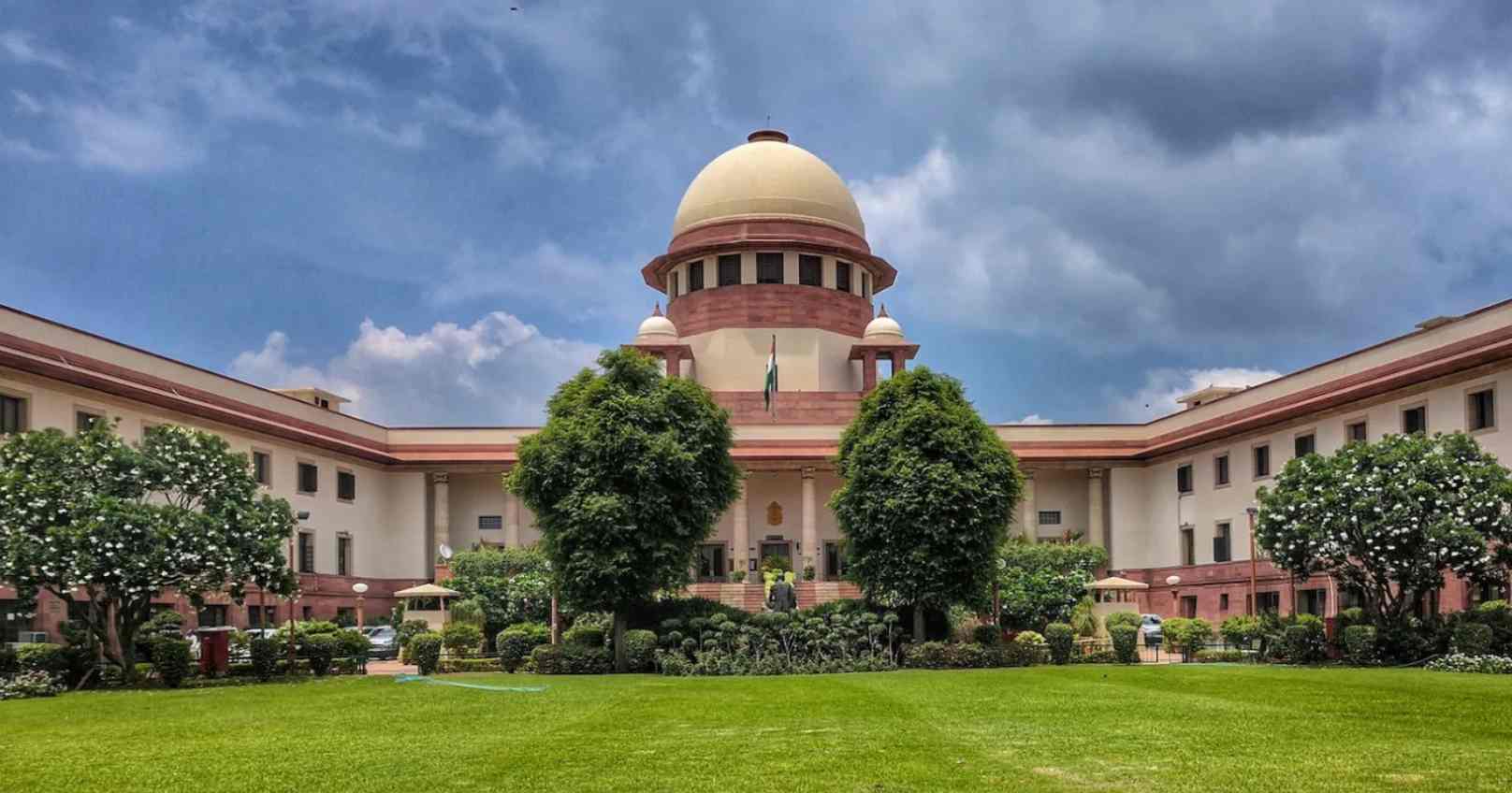Supreme Court Conditions Arvind Kejriwal's Bail with Restrictions
Delhi CM Arvind Kejriwal's bail, previously granted and paused, was upheld by the Supreme Court but he remains in jail due to a separate arrest by the CBI
12-07-2024Delhi Chief Minister Arvind Kejriwal won a significant part of his legal battle on Friday as the Supreme Court upheld his bail granted by a trial court last month. The bail had been paused by the High Court. Kejriwal was arrested by the Enforcement Directorate (ED) in March in connection with the alleged liquor policy scam.
While the Supreme Court's decision was a positive development for Kejriwal, he remains in jail due to a separate arrest by the Central Bureau of Investigation (CBI) on similar charges just days after the lower court granted him bail. Consequently, his release by the top court is currently only a formality.
Bail Terms and Conditions
The Supreme Court's two-judge bench of Justice Sanjiv Khanna and Dipankar Datta imposed several conditions on Kejriwal's bail. These include restrictions on visiting his office or the Delhi Secretariat and signing official files unless necessary for obtaining clearance from the Lieutenant Governor of Delhi. Additionally, Kejriwal must furnish bail bonds worth ₹50,000 and provide a surety of the same amount. He has also been directed not to interact with any witnesses or access any official files related to the case.
Calls for Resignation
Despite the bail, Kejriwal faces ongoing demands for his resignation, primarily from opposition Bharatiya Janata Party (BJP) leaders and workers. The court declined to rule on these demands, stating, "we are doubtful whether a court can direct an elected leader to step down... or not function as a Chief Minister..." The court emphasized that it was up to Kejriwal to make that decision.
Kejriwal's party, the Aam Aadmi Party (AAP), has dismissed the resignation demands, maintaining that the charges against him are baseless and unsubstantiated. The party argues that since Kejriwal has not been convicted, there is no reason for him to step down.
Public Interest Litigations
Multiple public interest litigations (PILs) have been filed in the Supreme Court and Delhi High Court, seeking directions to force Kejriwal to resign. In May, the Supreme Court rejected one such plea, stating it had "no legal merit" and affirming that Lieutenant Governor VK Saxena "doesn't need our guidance... we are nobody to advise him."
The ongoing legal challenges and political pressure highlight the contentious nature of the allegations against Kejriwal and the complexities of navigating legal and political responsibilities.


A PIL by Sanvedana Foundation challenges the IRDAI’s 2020 circular allowing insurers to exclude ep
Read More
A Delhi court has ruled against releasing hotel CCTV footage in a case involving two Army Majors, ci
Read More
Chief Justice BR Gavai has pushed back against criticism of the judiciary over case backlogs, saying
Read More